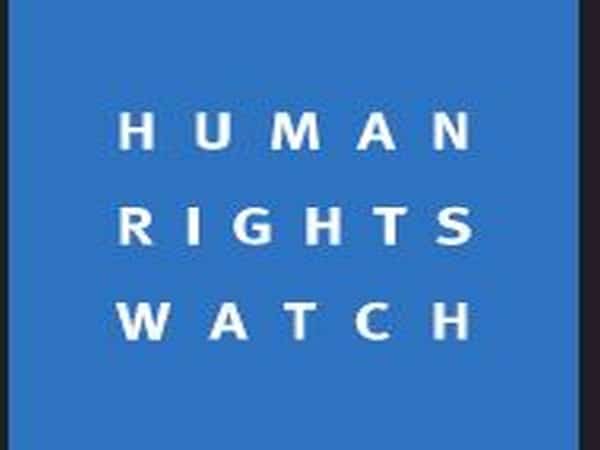New York: Human Rights Watch on Tuesday observed that the Bharatiya Janata Party-led Indian government’s actions over the past year have caused enormous suffering and rights violations.
The rights watchdog, in the 30th edition of World Report 2020, a 652-page document that reviews human rights practices in nearly 100 countries, hit out at Modi government for its unilateral revocation of Kashmir’s special constitutional status, increasing marginalization of minorities and the use of draconian laws to silence criticism.
The report stated: “Throughout the year, U.N. experts have raised concerns over a series of issues in India, including extrajudicial killings, potential statelessness of millions in Assam, possible eviction of tribal communities and forest-dwellers, and the communications blackout in Kashmir.”
Kashmir
Meenakshi Ganguly, South Asia director at Human Rights Watch said “The Indian government has tried to shut down Kashmir, hiding the full extent of the harm caused there.” She added: “Instead of addressing growing attacks on minorities, Indian authorities bolstered their efforts to silence critical voices in 2019.”
Criticising the Indian Government for gross human rights violations, including the communications blockade, after lifting the Article 370 from Jammu and Kashmir, The Human Rights Watch observed: “By November, even though some restrictions were lifted, hundreds remained in detention and mobile phone services and internet access was still limited. The government blocked opposition politicians, foreign diplomats, and international journalists from independent visits to Kashmir.”
Human Rights Watch observed that Delhi’s actions in Kashmir have “led to loss of livelihood and access to education.” It also noted that the ongoing repression had drawn criticism from a majority of the global community.
Mob violence
Claiming that the Indian government, under Prime Minister Narendra Modi, failed to properly enforce Supreme Court directives to prevent and investigate mob attacks, often led by BJP supporters, on religious minorities and other vulnerable communities the report noted: “Muslims were also beaten and forced to chant Hindu slogans. Police failed to properly investigate the crimes, stalled investigations, ignored procedures, and filed criminal cases against witnesses to harass and intimidate them.”
CAA-NRC
Terming India’s recent moves to implement a citizenship verification nationwide, including fast-tracking citizenship for non-Muslims who migrated from Pakistan, Afghanistan and Bangladesh before 2015 as highly exclusionary, Human Rights Watch pointed out that Delhi’s National Register of Citizens, published in Assam, conducted verifications in an arbitrary and discriminatory manner that risked leaving millions virtually stateless.
It observed that the list excluded nearly two million people, many of them Muslims, including many who have lived in India for years, in some cases their whole lives. Highlighting the serious allegations that the verification process was arbitrary and discriminatory, HRW pointed out: “While there is a right to appeal, the government plans to build detention centres for those denied citizenship after appeal.”
Expressing concern over the exclusion of Muslims from CAA, the HRW stated, ‘the government has also said that citizenship verification will be implemented across the country and that the government will amend the citizenship laws to include all irregular migrants from neighbouring countries but excludes Muslims from the list.’
Human Rights Watch is an international non-governmental organisation.

